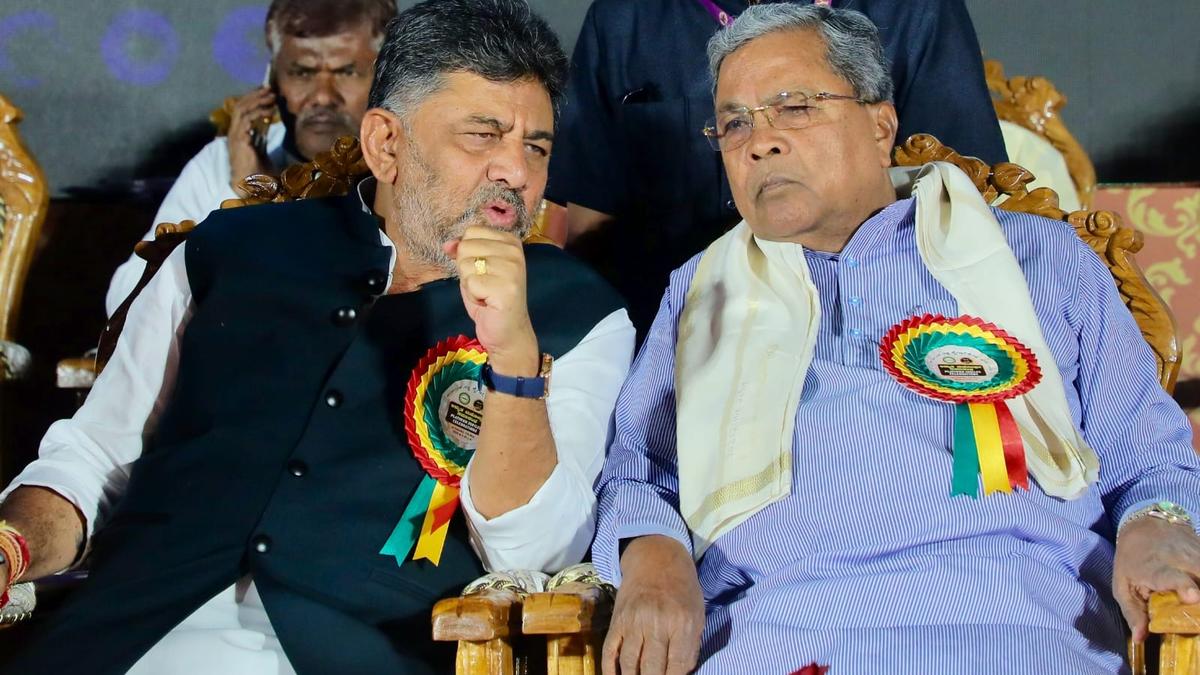A team of negotiators from the U.S. is in New Delhi for at least a two-day trip to conduct final negotiations for a ‘mini trade deal’ before the July 9 deadline elapses, The Hindu has learnt. The top items on the agenda, and the main hindrances to an agreement, are the entry of genetically-modified (GM) crops and cow milk into India, and the removal of the reciprocal tariffs imposed by the U.S..

July 8 marks the last day of the 90-day pause U.S. President Donald Trump had allowed on the ‘Liberation Day’ higher tariffs he had imposed on imports from other countries, including India. If that date elapses, without either an extension or a trade deal between India and the US, then from July 9 onwards Indian exports to the US will be subject to 26% tariffs.

According to sources aware of the negotiations between the two countries, the U.S. and India are currently at loggerheads over the issues of the import of GM crops and cow milk into India.
“Both of these issues are very sensitive for India,” the source explained. “GM crops will be a big hit to our domestic farmers, and cow milk is a cultural-religious issue.”
India has not opened up either of these sectors in any of the free-trade agreements it has so far signed.
Also Read | India and U.S. can only finalise ‘mini’ trade deal this year: Sources
The Indian, on the other hand, will be trying to push the U.S. to waive the Liberation Day tariffs for India, and also reduce the increased tariffs it had levied on steel and aluminium imports.
Overall, the U.S. is seeking duty concessions on certain industrial goods, automobiles, especially electric vehicles, and wines, petrochemical products, dairy, and agricultural items such as apples, tree nuts and genetically modified crops.
India’s broad demands are concessions for labour-intensive sectors such as textiles, gems and jewellery, leather goods, garments, plastics, chemicals, shrimp, oil seeds, grapes, and bananas.
Budget 2025 already saw India reducing tariffs on a wide variety of items such as shrimp and shrimp paste, high-end motorcycles and automobiles, and some types of electronics.



.png)
.png)
.png)
















 3 hours ago
4
3 hours ago
4








 English (US) ·
English (US) ·